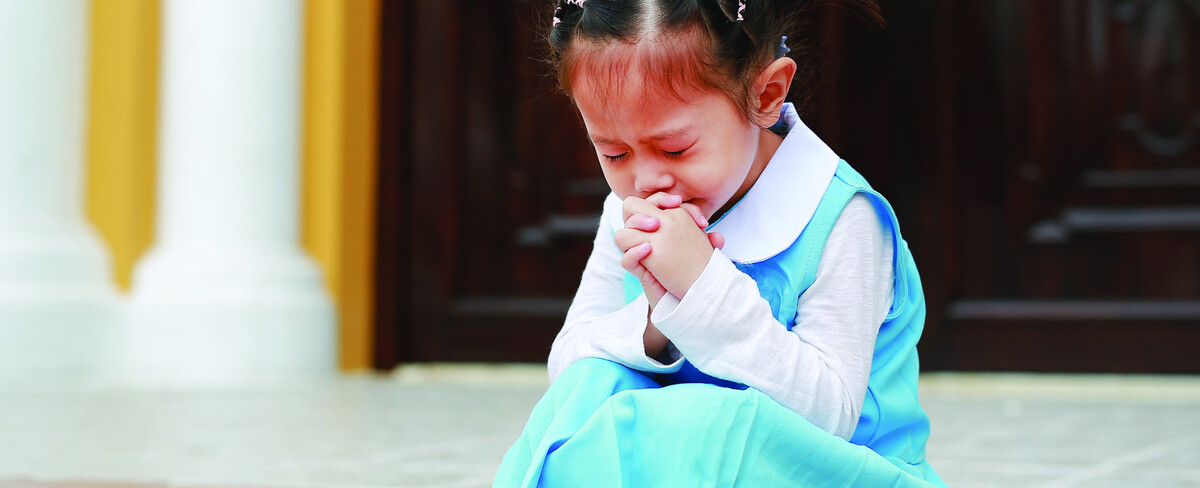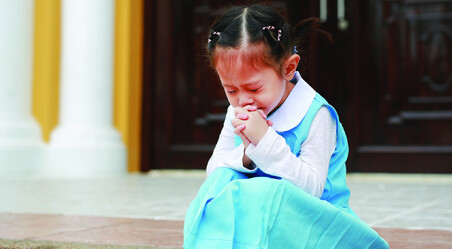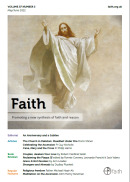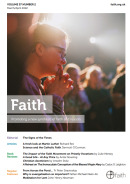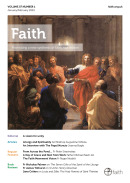Featured
Freedom, Martyrdom and the Church
The Faith Movement will continue to uphold religious freedom, and to foster it through teaching and through support and encouragement of priests, parents, teachers, catechists and others in passing on the truths of the Faith.
China's Oppression of the Church
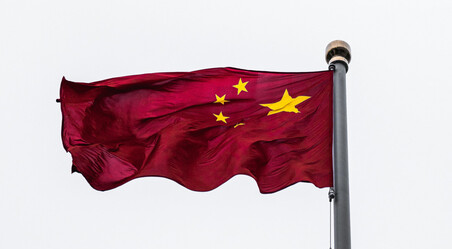
Benedict Rogers reveals what is happening under the rule of the Chinese Communist Party.
Expanding our Horizons

Francis Hunter urges a new look at some ancient literature.
The Ethics of Monkey-Human Embryos
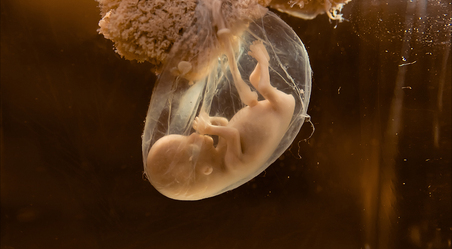
Bishop Michael Nazir-Ali looks at a major ethical issue.
From Across the Pond?

Fr. Peter Stravinskas with reflections from the USA
God the Real: Can we Know and Love Him?

In the first part of this article, published in our previous issue, Fr. Holloway critiqued the view, held by some theologians in the post-conciliar years, that we cannot comprehend the nature of God and therefore cannot love God in a personal sense.
Book Review: Cambridge Companion to Natural Law Ethics

Cambridge Companion to Natural Law Ethics ed. Tom Angier
Cambridge University Press 358pp
£19.99 Paperback
Book Review: The Sacraments and Consumer Culture
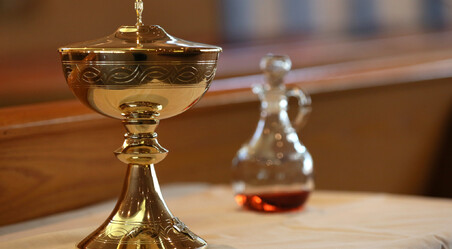
The Sacraments and Consumer Culture by Timothy Brunk
Liturgical Press Academic 212pp
£7.73
Book Review: Fifty Catholic Churches to See Before You Die
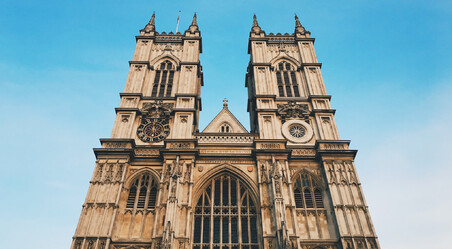
Book Review: Prison Journal: Vol 1. The Cardinal Makes his Appeal

Prison Journal: Vol 1. The Cardinal Makes his Appeal by George Cardinal Pell
Ignatius Press 348pp
£14.40
-
Freedom, Martyrdom and the Church
One of the early pamphlets produced by the Faith Movement was on religious freedom. It was the early 1970s and it chiefly focused on the plight of Christians in the USSR and Communist-dominated Eastern Europe.
Thanks to the excellent work of the then recently-established Keston College and the heroism of dissidents in the USSR and of Catholics in Poland, Lithuania, Hungary and Czechoslovakia, much material about the persecution of Christians under Communism reached the West. We learned about prisoners in the Gulag, the horror of incarceration in mental “hospitals” in the USSR, and about the excellent underground newsletters such as the Chronicle of the Lithuanian Catholic Church.
Back then
Although in those days we sometimes spoke and wrote about the need to affirm our right to full religious freedom here in Britain, it was not a right that was seriously challenged. Announcing that children should be taught about marriage as the union of one man and one woman for life might have seemed rather forthright – with divorce and remarriage common, and unmarried cohabitation increasingly normal – but no one imagined losing their job or being publicly denounced for such an announcement. We wrote freely about Christian moral and social teachings, and Christian campaigners on such issues battled in open debate with their opponents when given the opportunity on TV or radio.
And now
It is superfluous to note how different things are now, which is why we make no apology for returning to the topic of religious freedom. We note that we have a certain confidence in quoting the Church in defence of such freedom, as the Second Vatican Council – ahead of its time, but mindful of the grim totalitarianism that had stained Europe in the first half of the 20th century – had tackled the issue and given us equipment with which to work.
The Catholic Church recognises freedom as being allied to truth. If human beings are not allowed to affirm the truth, then they are not free.
Of course, there are limits to speech in all sorts of ways – laws protect people from libel, countries have secrets relating to their defence and security, doctors and lawyers and banks can and should be prevented from revealing private information about people’s health and personal problems and finances. Community life requires laws to ensure civilised behaviour. But there can and must be a presumption in favour of free debate on religious and ideological issues.
At home and abroad
Looking at events here at home, we commend the work of the Christian Institute which has been defending people who have spoken publicly about the Christian understanding of the significance of male and female, and about homosexual activity. Looking abroad, we pray for the Christians of China, commend the work of the international charity Aid to the Church in Need – which we are proud to advertise in each issue of FAITH – and point to the stories of the martyrs of the modern era that alert us to the realities of martyrdom.
Knowledge
True freedom also requires a sharing of knowledge, not just opinions. There is real concern about the quality of education in Britain’s schools. How is history being taught? Is it just a matter of children being urged to affirm current political opinions on various issues, or are the events, and attitudes of the past presented and explored? Is it just a matter of looking at the 19th and 20th centuries, or is attention paid to, for example, the Roman Empire, the Saxons, the early Middle Ages? What about literature? Are they reading some of the great classics? Are they expected to read everything though a “feminist” lens? And how is Christianity treated?
Schools
Catholics in Britain can be proud of the traditions of their schools. But there is now strong pressure from officialdom to adopt coercive forms of sex education and linked material that is damaging to children and contrary to Christian understanding of human dignity. There is also a grave shortage of Catholic teachers: and this in turn is partly due to the huge pressures faced by young men or women entering a classroom today. Broken family bonds make for frustrated, angry, unhappy boys and girls. It is not easy to teach a group among which are several going through the agony of a parental breakup, or where the complications of “Mum’s new boyfriend” or “Dad’s ex-partner” intrude into everyday life and attempts to concentrate on schoolwork. Today’s prospective teachers face challenges not faced by those of the past – including the fairly recent past and they know it.
Fostering freedom
The Faith Movement will continue to uphold religious freedom, and to foster it through teaching and through support and encouragement of priests, parents, teachers, catechists and others in passing on the truths of the Faith. In doing so, we also affirm our support for those – notably in China – who are denied the freedom we have in Britain. The Church has learned through the centuries the importance of people being allowed to explore, affirm, and debate publicly their religious beliefs without fear or coercion. The learning process included an admission of the Church’s own discovery of this importance. The booklet mentioned in our opening paragraph was published in the 1970s. That decade culminated in the election of Karol Wojtyla as Pope and his triumphant pilgrimage to his home country, and the beginning of the unravelling of Communism. The message for every Catholic facing the challenge of public affirmation of the Faith and of teaching it in its fullness, is the words of Christ, which the great Pope – who knew something about oppression, under both the Nazi and the Communist regimes – made his own: “Do not be afraid!”

